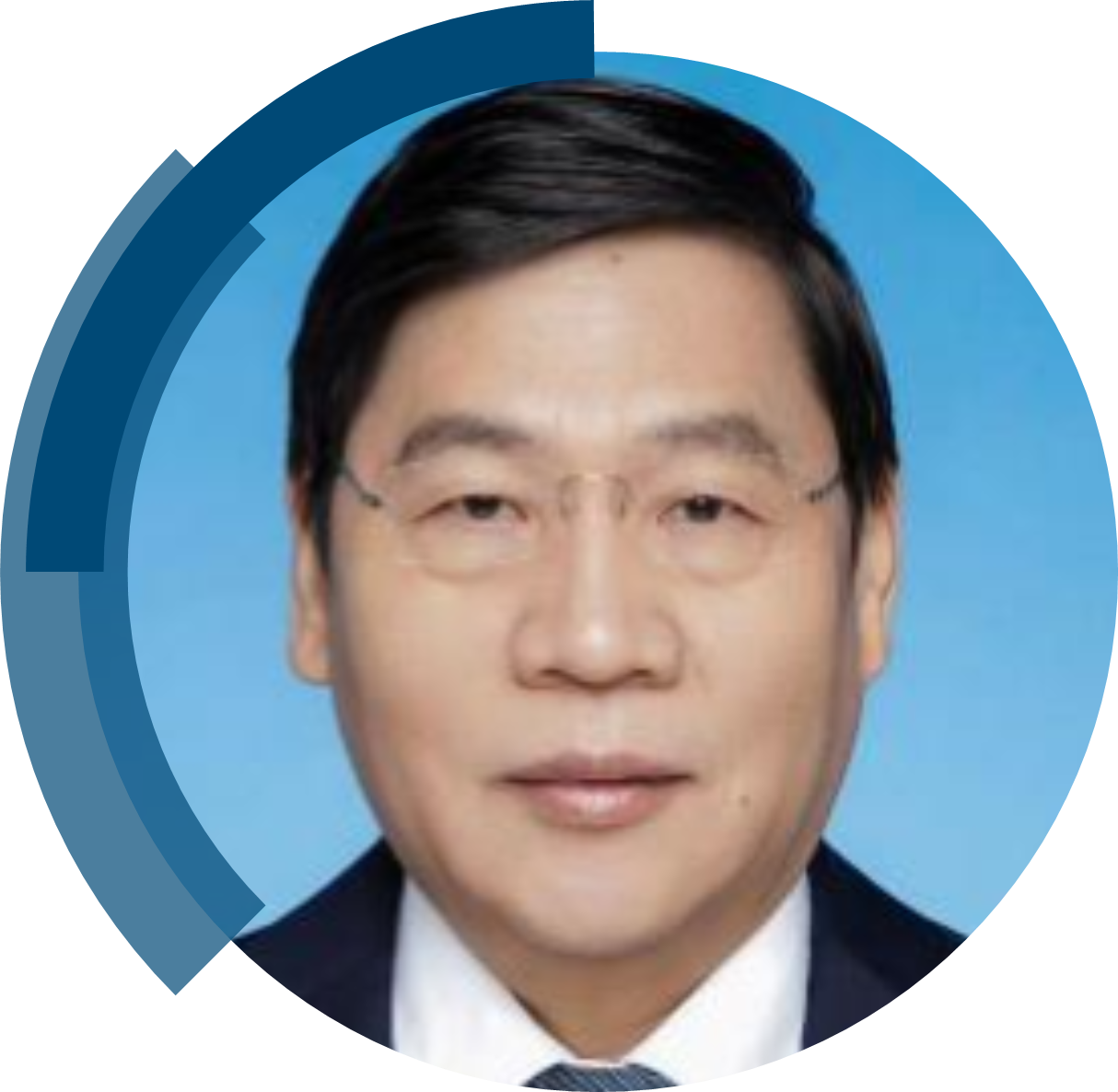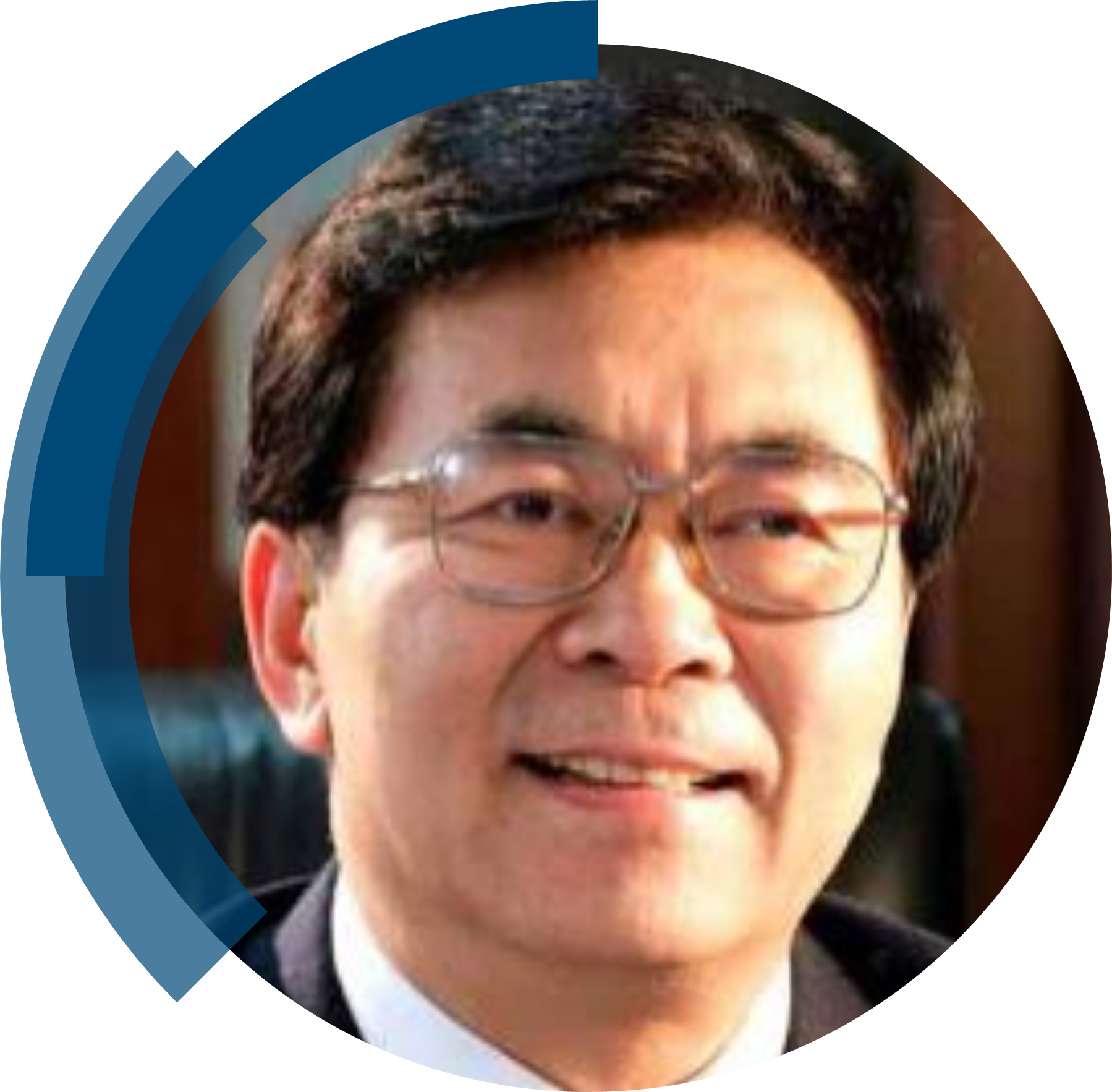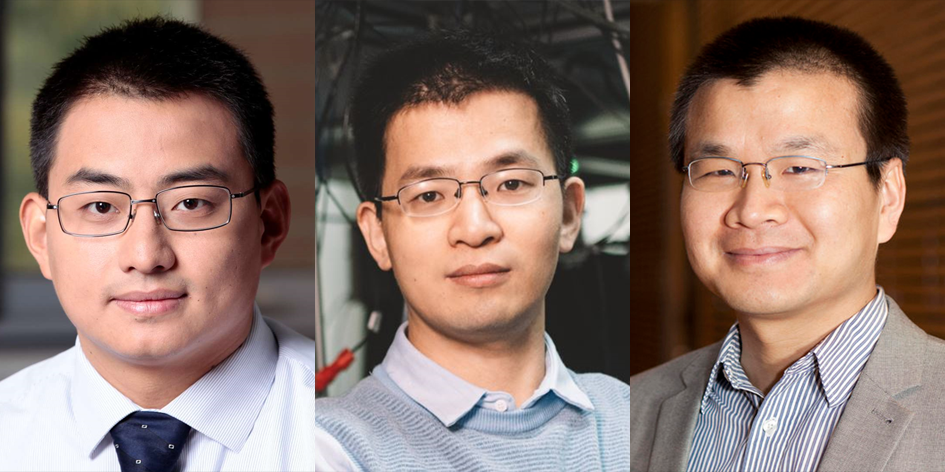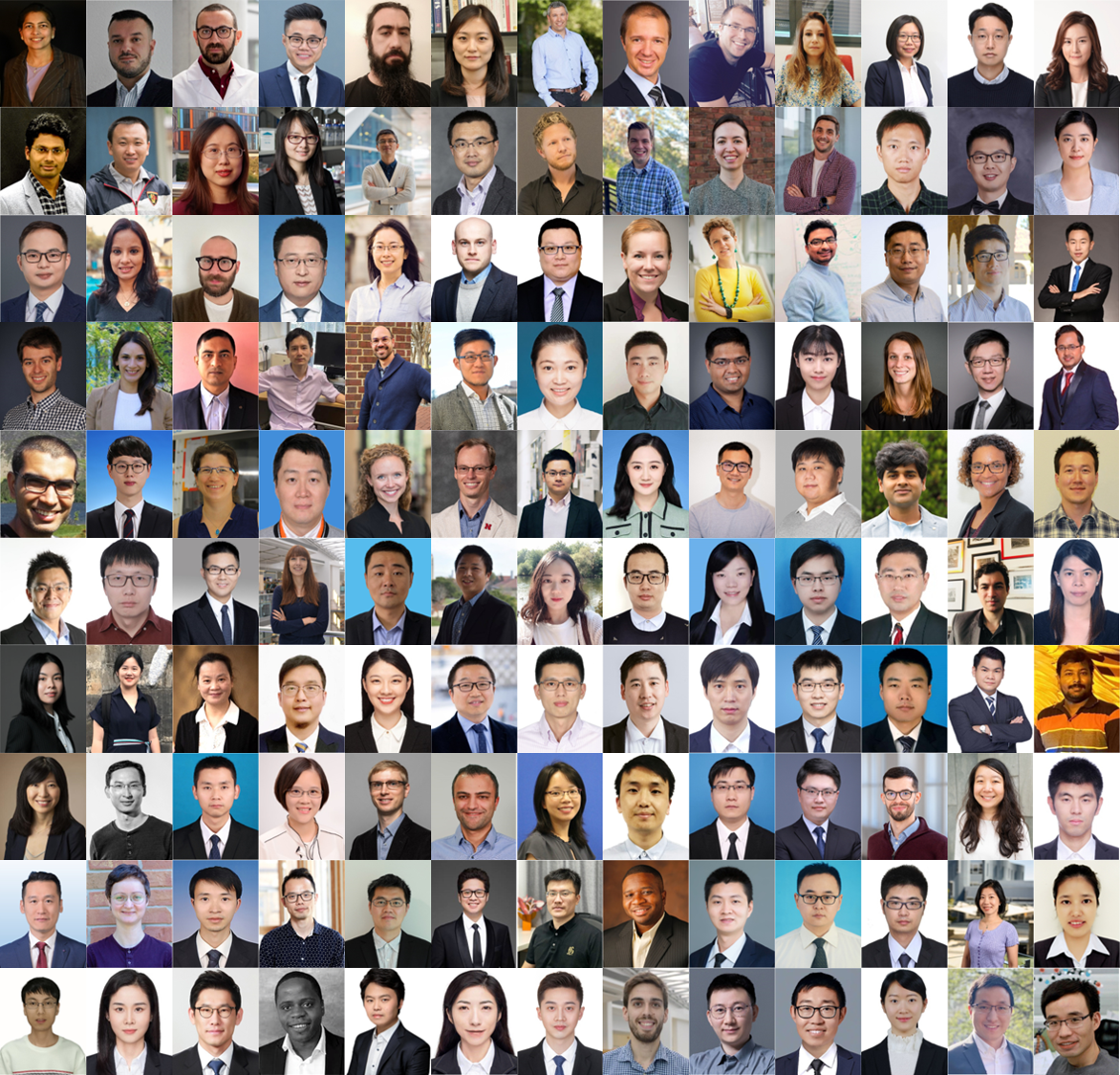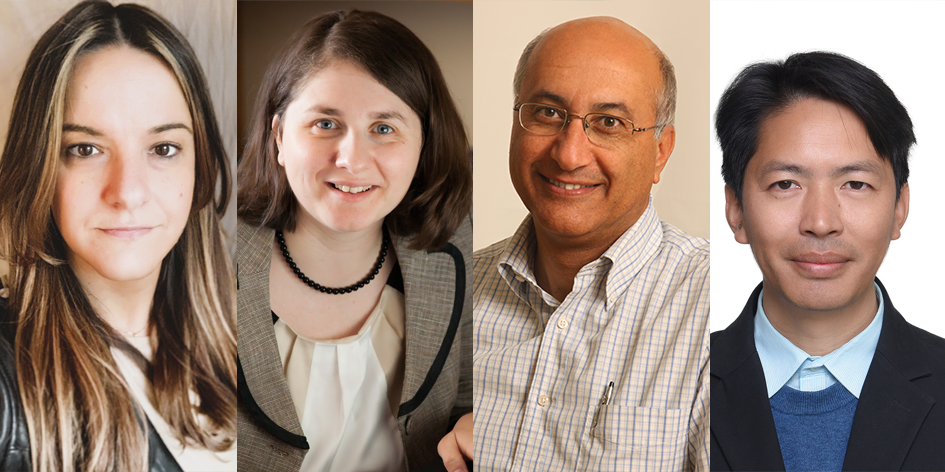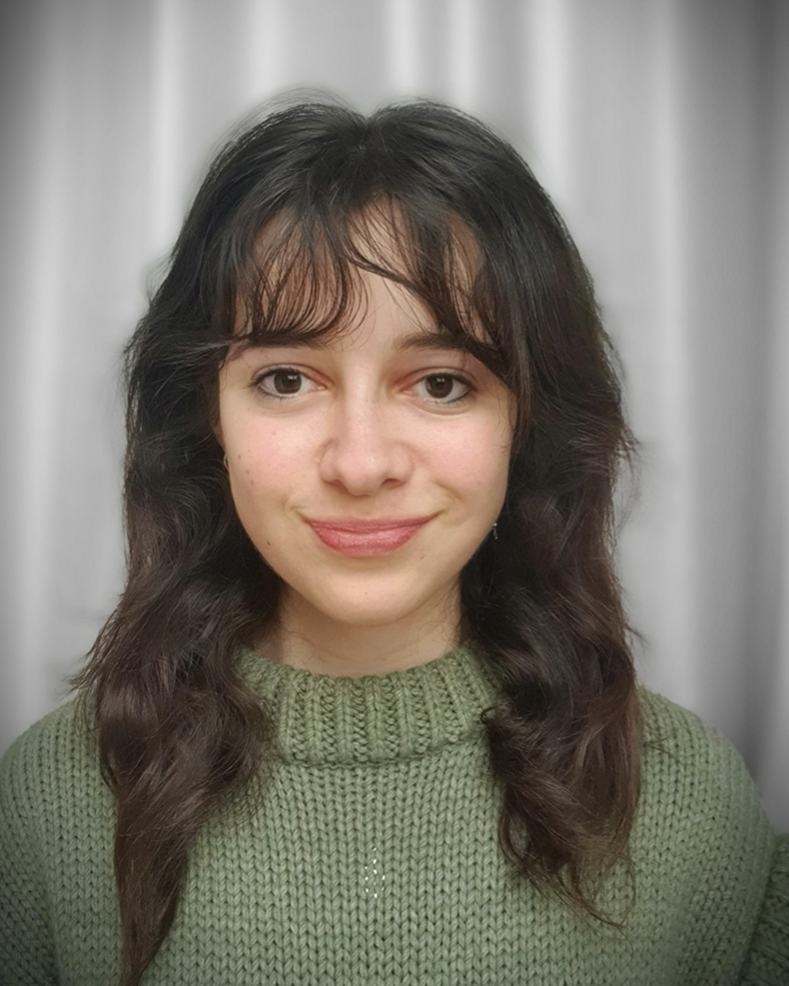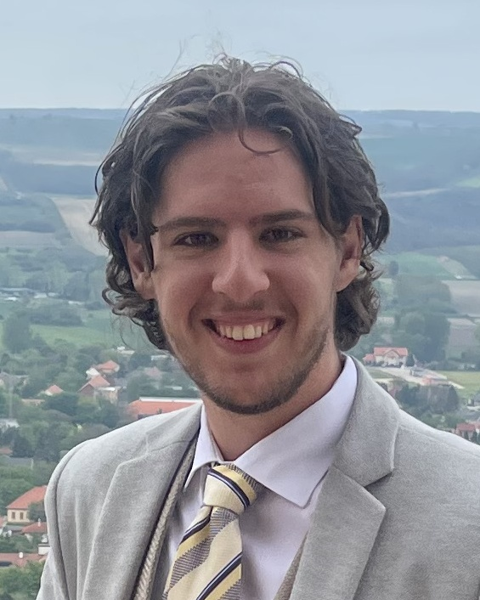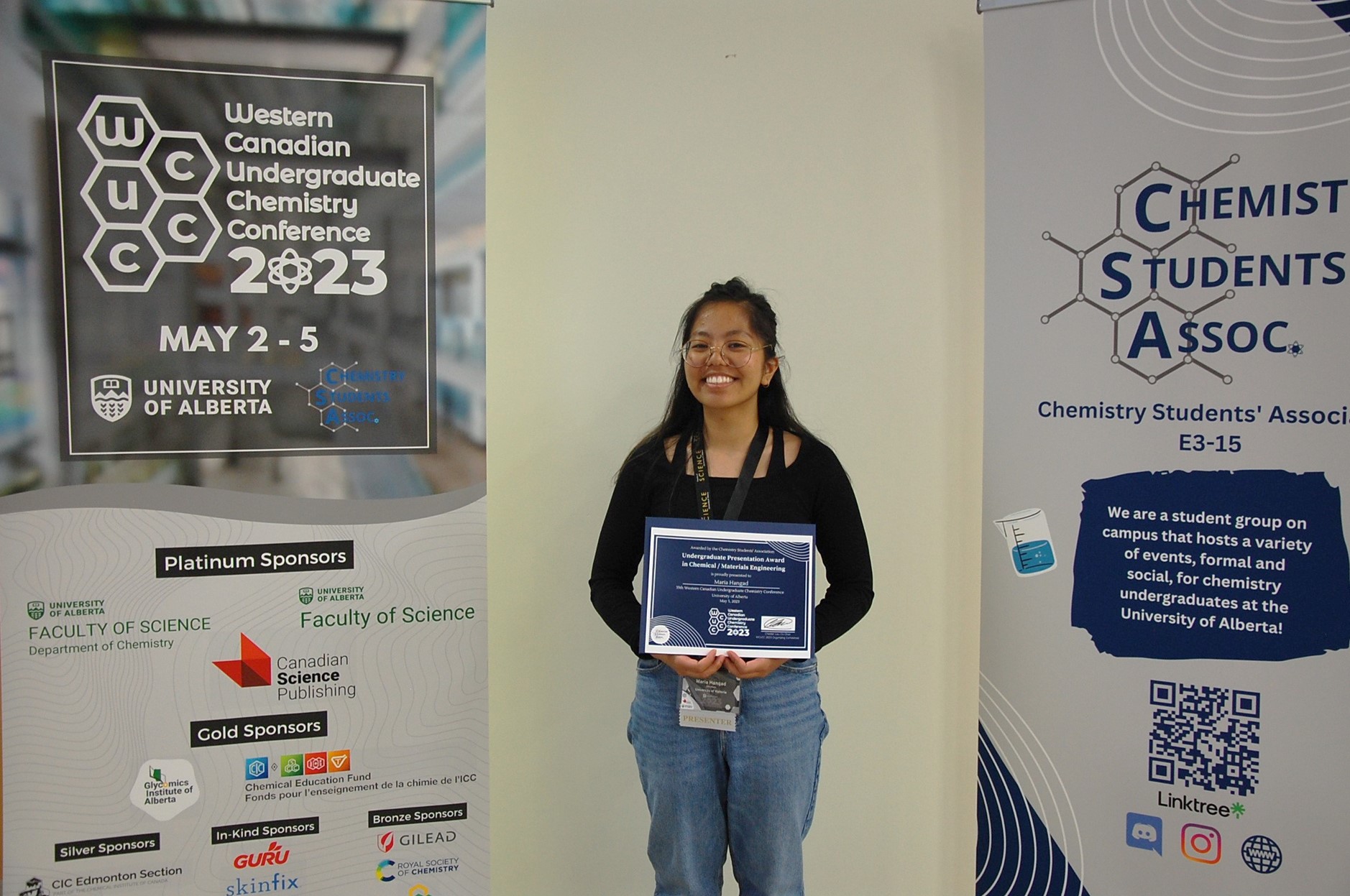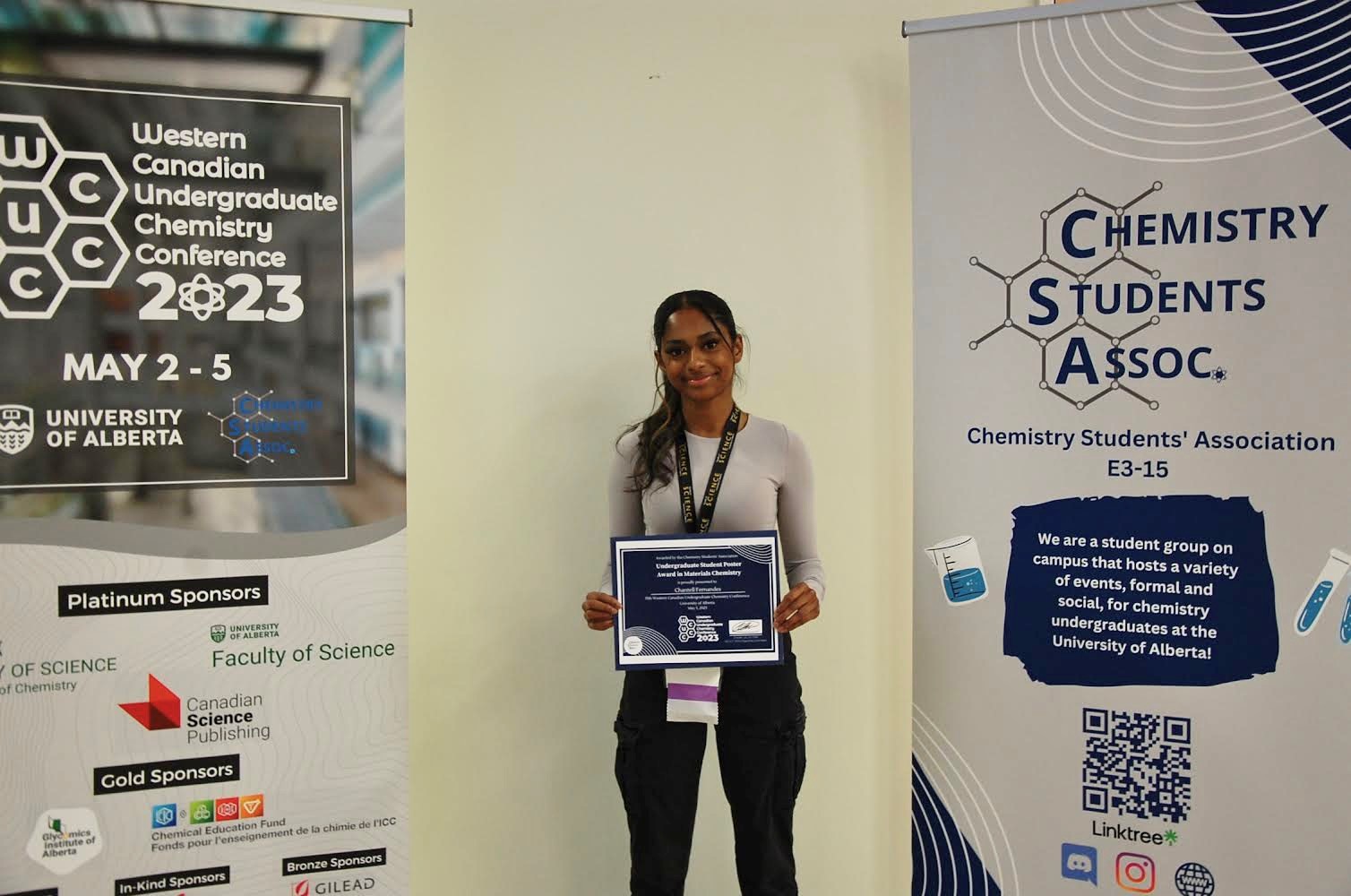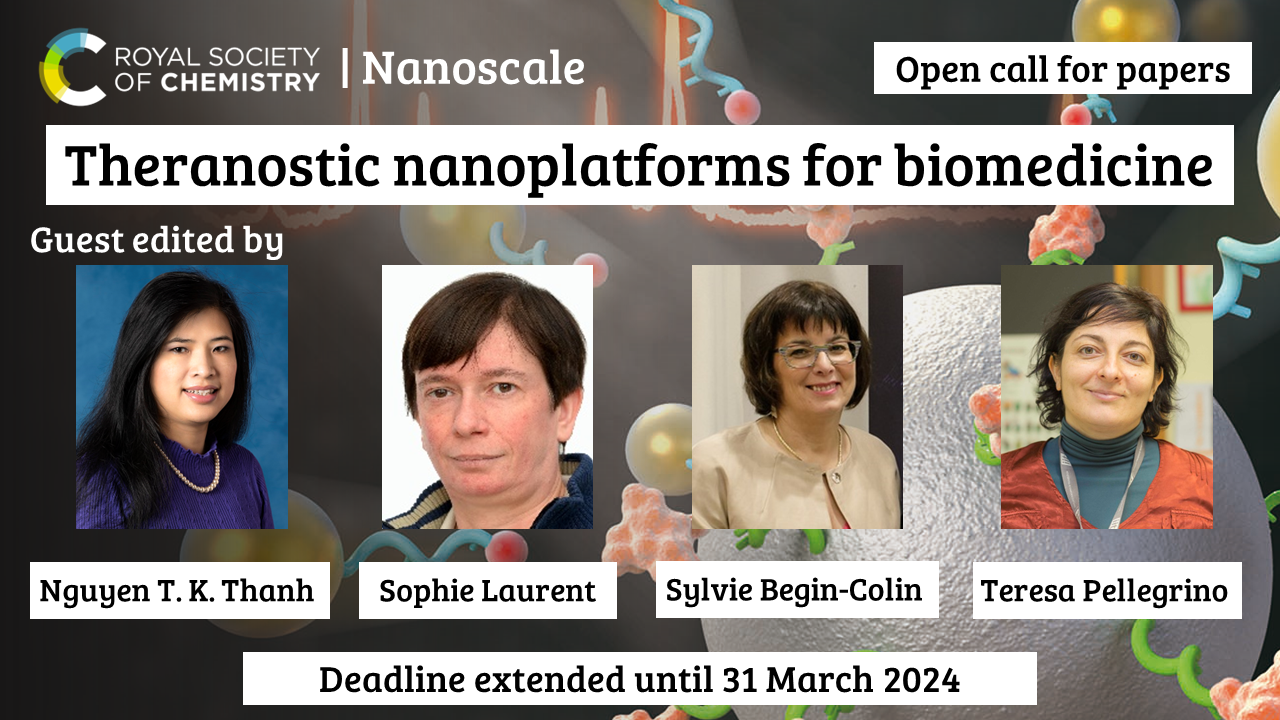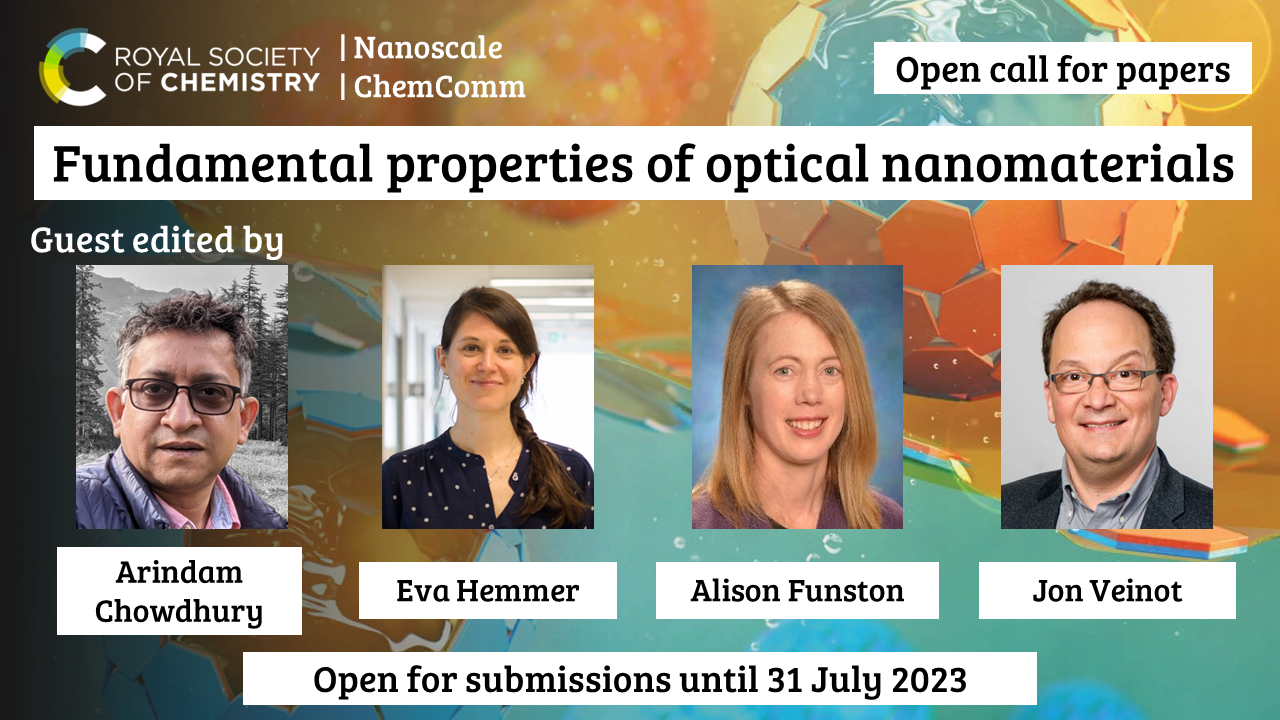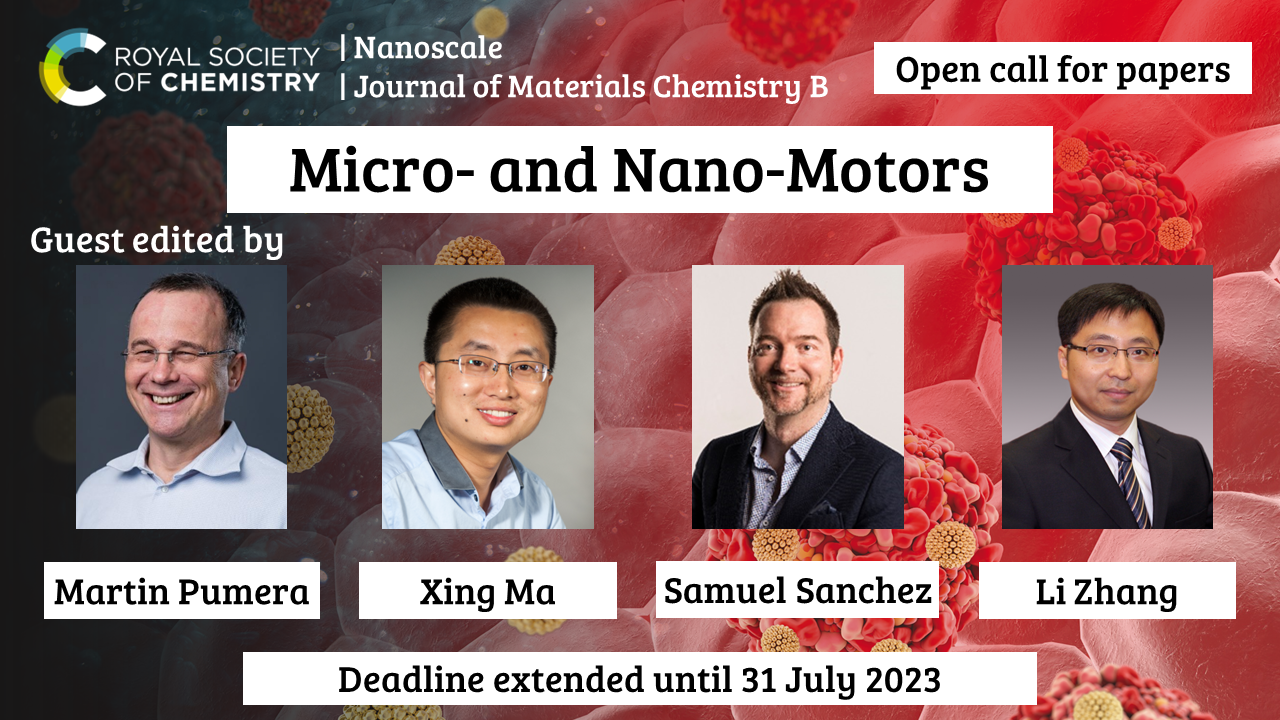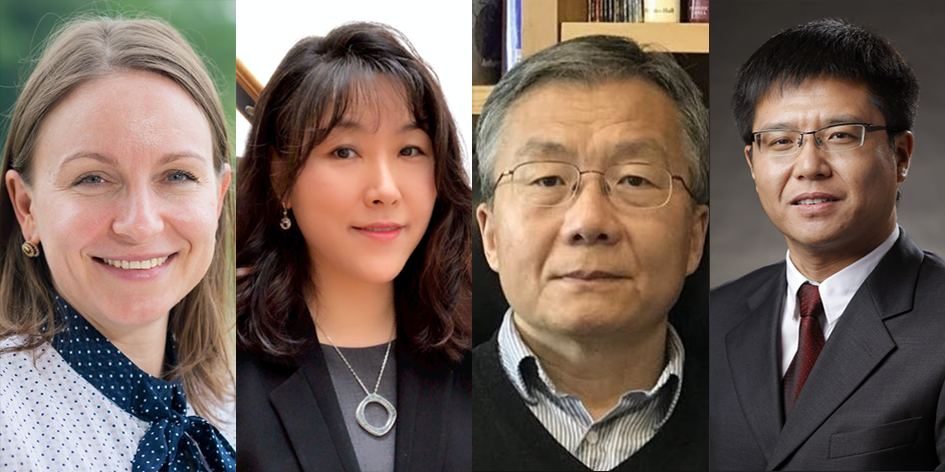Professor Yue Zhang joins as Editor-in-Chief
Welcome to Nanoscale and Nanoscale Advances!
We are delighted to welcome Professor Yue Zhang, University of Science and Technology Beijing, China, as our new Editor-in-Chief working across Nanoscale and Nanoscale Advances, joining Professor Dirk Guldi as co-Editor-in-Chief for the journals.
“It’s a great responsibility for me to serve as Editor-in-chief. Pooling strength from our editorial team, we will strive to further extend the global impact of RSC journals, embrace a broader range of diversity to inspire more academic ideas, and keep on expanding the role of nanoscience exploration in backing sustainable social development.”
– Professor Yue Zhang
Professor Zhang will also act as an Associate Editor for Nanoscale and Nanoscale Advances, handling manuscripts through peer review, and we welcome you to submit your latest work on nanomaterials and devices for electronics, energy and information sensing to his editorial office for consideration.
Submit your latest research to Nanoscale
Professor Chunli Bai becomes Honorary Editor-in-Chief
We are also delighted to announce that Professor Chunli Bai, Institute of Chemistry, Chinese Academy of Sciences, China, has been appointed as Honorary Editor-in-Chief. Professor Bai was one of the inaugural Editors-in-Chief of both Nanoscale and Nanoscale Advances, working with the Royal Society of Chemistry for the past 14 years. We would like to thank him for his ongoing support of the journals and nanoscience community and look forward to working with him in this new role.
Please join us in welcoming Professor Yue Zhang to Nanoscale and Nanoscale Advances and congratulating Professor Chunli Bai on his new appointment!


